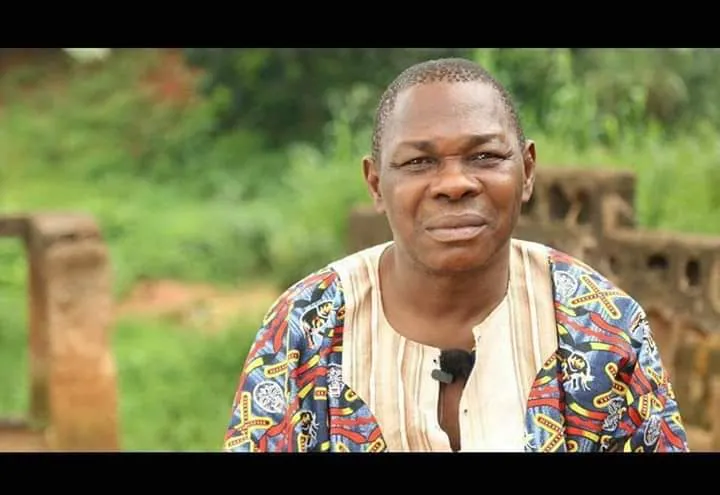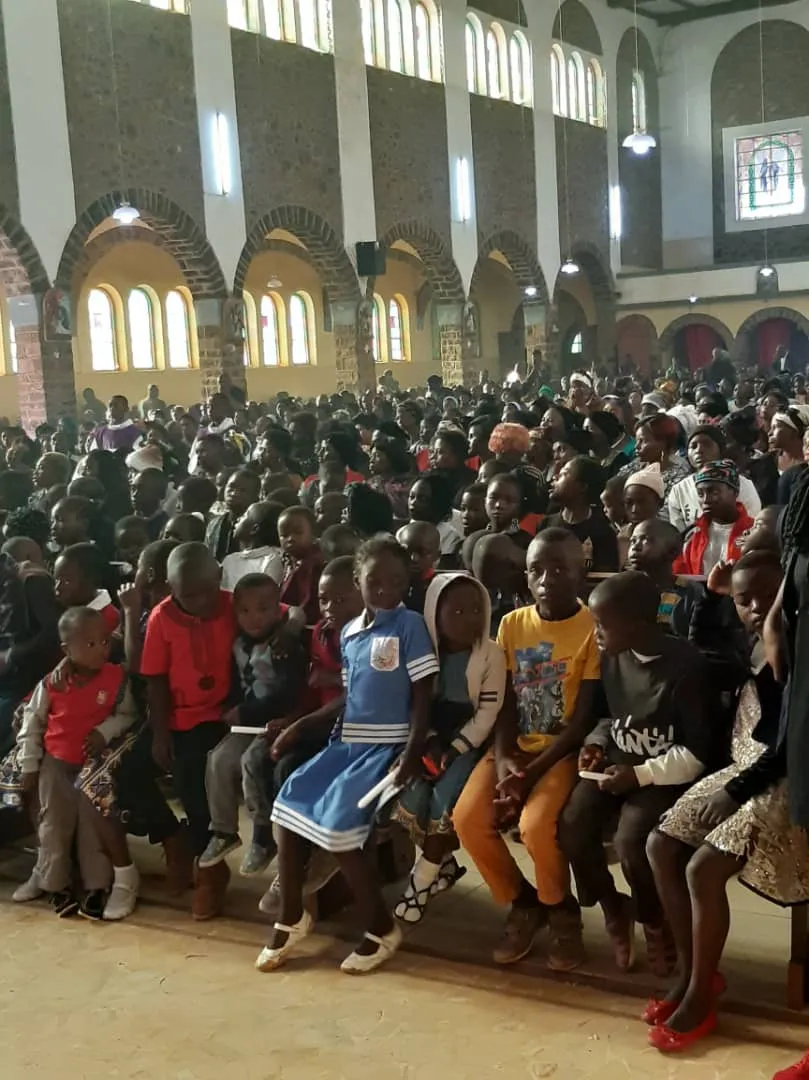Francophone writer and critic , Dieudonne Essomba has warned that Cameroon may become like other countries with successful secessionists if care is not taken.
At independence, Africa, the critic says, had four federal states, Ethiopia, Sudan, Somalia and Cameroon. The first three tried to suppress secessionist movements to no avail he states, warning that “Cameroon, last on the list may also be following the same path”.
In a recent writeup, Dieudonne Essomba says the Ngarbuh massacre is a clear indication that the government had since crossed the red line.
“Anglophones no longer want a unitary state. They really don’t want it anymore, no matter what reforms you can make. The unitary state reminds them of all that is devious, violent, brutal and dishonest. It is the word “unitary” itself that fuels the war and must be noted” he writes.
Regarding secession, Essomba says “the English-speaking Community enjoys three decisive advantages which make it practically impossible to maintain them in a unitary State:
a) They are too many, because a secession which covers 20% of the population is no longer controllable by a unitary state; …
b. They have already lived under a federal regime, and they perceive this era as a Golden Age which fuels an irrepressible nostalgia;
c) They have international legitimacy because they came to French-speaking Cameroon under the aid of the United Nations. In the event of a conflict, their situation will necessarily attract the attention of the international community, which will impose its solutions”.
Federation as a solution to the crisis he says would have been possible because “it dries up the attractiveness of the Secession, since it also has its supporters, it opposes a local police force which comes from the same sociological background, has a better knowledge of the terrain and has at least the same legitimacy … It makes the attacks of the Secessionists very difficult, because the majority of the visible infrastructures belong directly to the local state”.
“… the English-speaking Secessionists will never lay down their arms, unless they are beaten, which is unlikely with the unitary state! You must never believe that there will come a time when the Secessionists, listening to the voice of wisdom, will quietly lay down their arms to return humbly to the unitary state” he goes on. To Essomba, the few defections don’t has a very significant impact on the course of events.
Tracing the roots of the crisis, he asks “these are people who started a rebellion with bare hands and spears, then small arms and now they have more sophisticated weapons: are these the people who are going to give up?”
“These are people who feared the least sub-prefect and who complied with any commander of a small brigade. Today they have driven out the state, which is confined to a few secure cities. Are people like that going to lay down their arms?
These are people whose fall was predicted in less than two weeks. It was then believed that a small squad of gendarmes would end the movement. But four years later … do you see people like that laying down their arms?” He asks further.
Noting that “the crisis has already caused 3000 deaths, with villages razed to the ground, and now, large-scale massacres”, he warns that ” these acts only aggravate the fracture and the determination of the combatants”.
Despite the major national dialogue last year, several groups and international bodies have called on the Biya regime to hold a more inclusive and fair dialogue with Ambazonian separatists. The regime has in usual fashion however maintained a suspicious silence as the killings in the restive regions persist.
MMI



